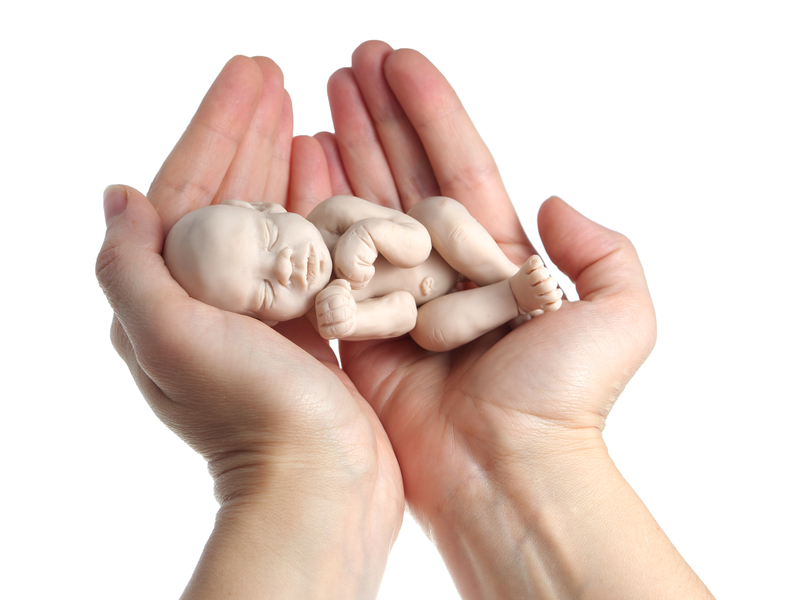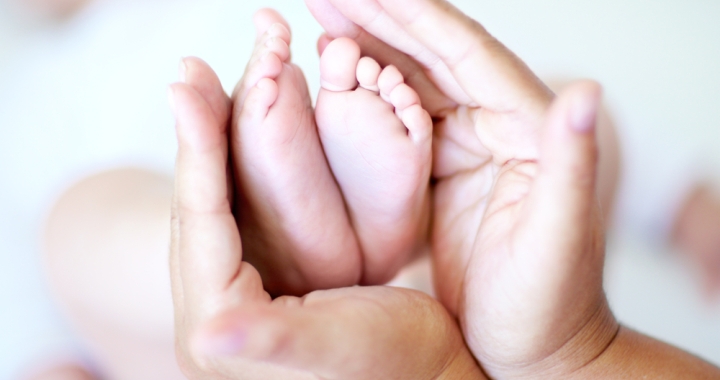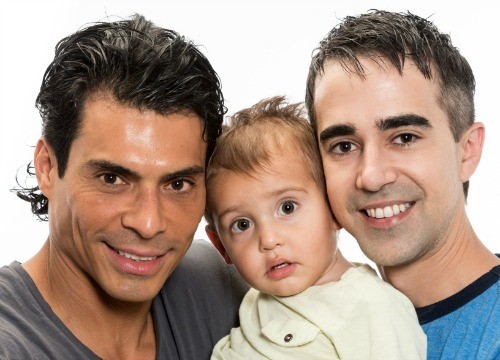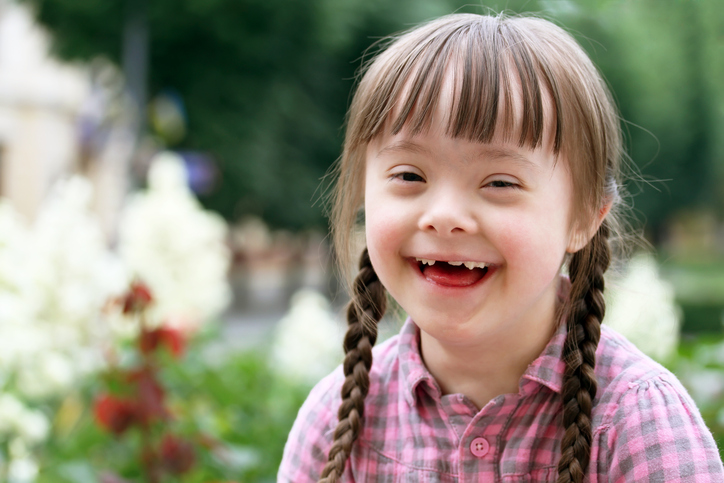
The Bishops of Chile have sharply criticised a Supreme Court ruling that a bill that ended Chile’s ban on abortion is constitutional. The judgement paves the way for abortion to be legalised if the baby is conceived in rape, if the mother’s life is at risk, or if the baby is not expected to survive the pregnancy.
In their message, the bishops said the resolution adopted “offends the conscience and the common good of the citizens.” They add that society as a whole loses with the legalisation of abortion in Chile, even if it’s only under certain conditions: “We are confronted with a new situation in which some unborn human beings are left unprotected by the State in this basic and fundamental right.”
The note, signed by the heads of the Chilean bishops’ conference, also says that from this point on, “our option for life is translated in redoubling our effort to continue accompanying women who live with their pregnancies in extreme situations, those who choose to see it to term, and those who think abortion is a solution.”



The High Court in Belfast yesterday refused to make same-sex marriage legal in the jurisdiction. Mr Justice O’Hara said: “It’s not the role of a judge to decide social policy, that is for the Executive and the Assembly under our Constitution.” Two gay couples took the case and argued that the refusal to legislate for same-sex marriage breaches their entitlement to family life and marriage under the European Convention on Human Rights. In the proceedings, Northern Ireland was described as “a blot on the map” seen by the rest of the world as backward-looking and divided. The judge however said the challenge was going against all recent European case law. “Put simply, the Strasbourg court has not recognised any right to same-sex marriage,” said Mr Justice O’Hara. In a separate case, the judge also ruled there was no discrimination in the North’s refusal to recognise same-sex marriages from elsewhere in the UK, treating them instead as civil partnerships. He said: “The Strasbourg court has held that same-sex marriage is not even a (European) Convention right. While it’s open to government and parliament to provide for it, they are not obliged to do so and whether they do so is a matter for them, not the courts.” He added: “The judgment I have to reach is not based on social policy, but on the law.”

ABC, the Australian version of the BBC, has offered staff a counselling hotline and “trauma toolkit” to help distressed employees during the country’s upcoming same-sex marriage postal plebiscitein November. Managers have been provided with strict guidelines on how to spot a staff member who is suffering from trauma, including what is called ‘vicarious trauma’: “The potential for vicarious trauma (also known as secondary trauma, compassion fatigue and burnout) is high when we feel connected to events occurring,” the document said. “Vicarious traumatisation means that we connect with the vulnerability of the situation and may be emotionally engaged with the story or event because of this.” Those affected by a potentially traumatic event (PTE) are enocuraged to seek help: “Over 65 Peer Support Leaders are available across the ABC and provide a listening ear to anyone who needs to discuss a PTE”.
Some politicians have sharply criticised the move. “I want to know where the Christian helpline is, particularly after the ABC themselves broadcast outrageous slurs against those who go to church, incorrectly claiming they were more likely to engage in domestic violence,” Senator Matthew Canavan told The Australian yesterday. “They have no authority in these debates to be taking the moral high ground when they have been some of the worst perpetrators of prejudice and bigotry in the last few months.” Liberal senator Eric Abetz said it showed the “gross and deliberate bias” of the taxpayer-funded broadcaster, “highlighted by the clear assumption that only one side of the debate might be dealt with inappropriately”.
“There is no offer of counselling and assistance for those that might be vilified and attacked for holding a view opposed to the ABC’s groupthink in favour of changing the definition of marriage,” Senator Abetz said.

He said the hostility came from a “new ‘religious’ consensus” formed from a “combination of scepticism, consumer appetite and political intolerance”. “It masks itself with progressive vocabulary, but its targets tend to be practising Christians.”

“We Christians in the Middle East … are the indigenous communities of these countries,” Patriarch Younan said, noting that it was in this region that Christianity was born. “We’ve been there for millennia and we have been always persecuted. And now … our very survival is at stake.” Regrettably, Patriarch Younan said, Western leaders have succumbed to “pandering” and utilizing “politically correct language” in their dealings with the Middle East. He said that, unless the United States and European nations demonstrate that they have the political will to speak honestly with the region’s leaders, helping them to create “a civilized constitution” and insisting that they separate religion and politics, “there is no hope for the future.”

The High Court in Belfast will decide tomorrow if same-sex marriages will be recognised in the North for the first time ever. A trio of cases are being adjudicated that cover two separate issues. One is whether same-sex marriages from elsewhere in the UK should be regarded as such in the North. Under current law, they are treated as civil partnerships. Secondly, the Court must decide whether marriage laws in the North itself might be redefined so that same-sex marriage would be made legally available. The cases have been under consideration for almost two years by Mr. Justice O’Hara and are being dealt with at the same time because of the close nature of the issues.

A recent report from CBS News in the US that Down Syndrome births have been “almost eliminated” in Iceland revealed an awful truth behind that reality. Far from Iceland having found a cure for the condition, or a means of treating it in utero, instead they have simply been clinically efficient in screening for the disease and aborting those children found with Downs. Close to 100% of women in Iceland who received that diagnosis aborted their unborn babies. However, another dark truth revealed that some Down Syndrome births still occur because the prenatal testing is not entirely accurate. “Babies with Down syndrome are still being born in Iceland,” said Hulda Hjartardottir, head of the Prenatal Diagnosis Unit at Landspitali University Hospital. “Some of them were low risk in our screening test, so we didn’t find them in our screening.”
CBS faced a backlash for its reporting with actress Patricia Heaton tweeting, “Iceland isn’t actually eliminating Down Syndrome. They’re just killing everybody that has it. Big difference.”
